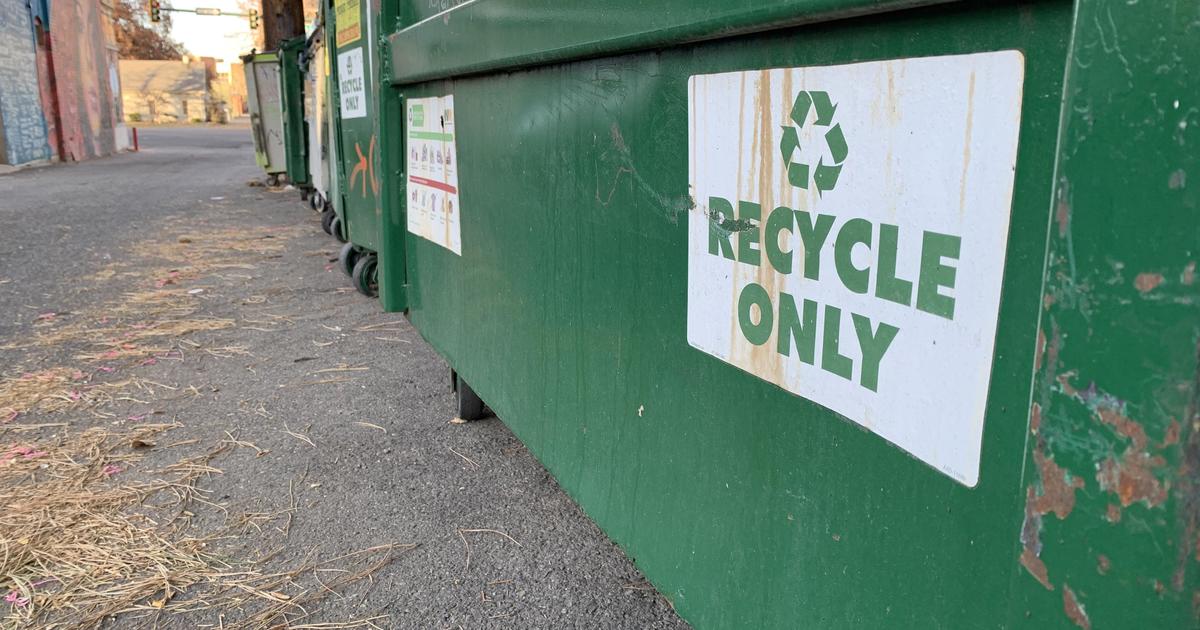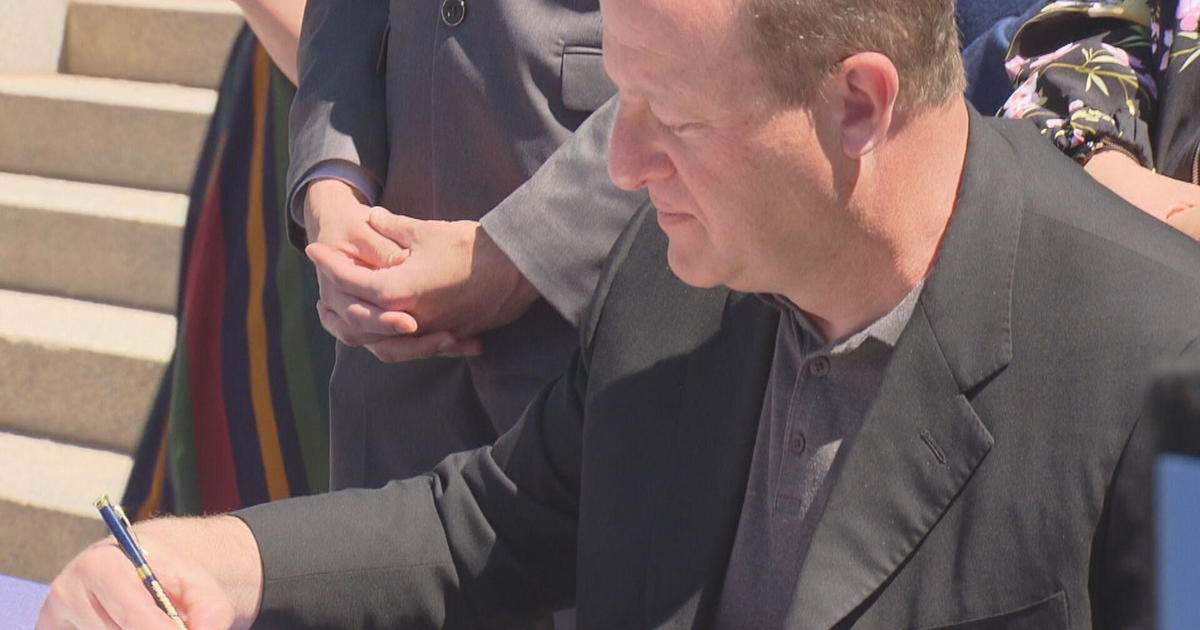Lt. Gov. Garcia Testifies In School Funding Suit
DENVER (AP) - Colorado Lt. Gov. Joe Garcia acknowledged Wednesday that inequities exist in the state's education system but said the state has met its constitutional obligation in how it pays for schools.
Garcia took the stand as the government's first witness in a lawsuit against the state filed by parents and school districts challenging how Colorado funds its education system. The 2005 case filed in Denver District Court contends the Colorado Legislature's funding method violates the state constitution's promise to provide a "thorough and uniform" education system and puts students in the poorest communities at a disadvantage.
Democratic Gov. John Hickenlooper and Republican Attorney General John Suthers argue that losing the lawsuit will have disastrous results for the state because officials will be forced to use up most of the budget on education to satisfy the demands from the plaintiffs.
"Personally, I would like to see more resources available for education," Garcia said. But he maintained that money alone is not the solution for better schools, saying funding is "necessary but not sufficient to ensure quality educational opportunities."
He stood by how Colorado has funded its schools.
"I believe that we have met our minimum constitutional obligation," said Garcia, who also serves as the executive director of the state Department of Higher Education and is the former president of Colorado State University in Pueblo.
Garcia testified that he believes the state constitutional requirement for education was intended to ensure a free kindergarten-through-12th grade education to everyone in the state. The state's role is to provide money but school districts ultimately have control over how to spend it, he said.
Although Garcia defended the state, he appeared conflicted at times as attorneys representing parents and the school districts repeatedly questioned him about failing schools, achievement gaps among minorities and rural districts. He agreed that inequities in the education system continue, that rural school districts do not have enough resources to ensure equal academic outcomes, and that the state has not succeeded in helping at-risk students and English-language learners.
At one point, Garcia was pressed about whether the state has a uniform system of public education.
"If uniform means everybody gets access to the same things, I'd say no," he said.
Parents and 21 school districts -- most of them from rural southern Colorado -- filed the lawsuit and initially lost in district court. The appeals court also ruled against them, but the state Supreme Court reversed the rulings in October 2009, sending the case back to district court. The plaintiffs' attorneys maintain they're not asking for more money but for funds to be used where they're needed the most. They also seek a declaration from the court saying the state has violated its constitution.
State officials say Colorado has more than doubled spending on public education since 1994 and more than 40 percent of the budget now goes to education, a sharp contrast to 1939, when local property taxes made up about 95 percent of school funding.
Hickenlooper said most of the state budget would go to education if the plaintiffs win and the Legislature is forced to find as much as $4 billion in additional funding for the system. It's a figure the plaintiffs say is an estimate of how underfunded Colorado schools are.
- By Ivan Moreno, AP Writer
(Copyright 2011 by The Associated Press. All Rights Reserved.)



